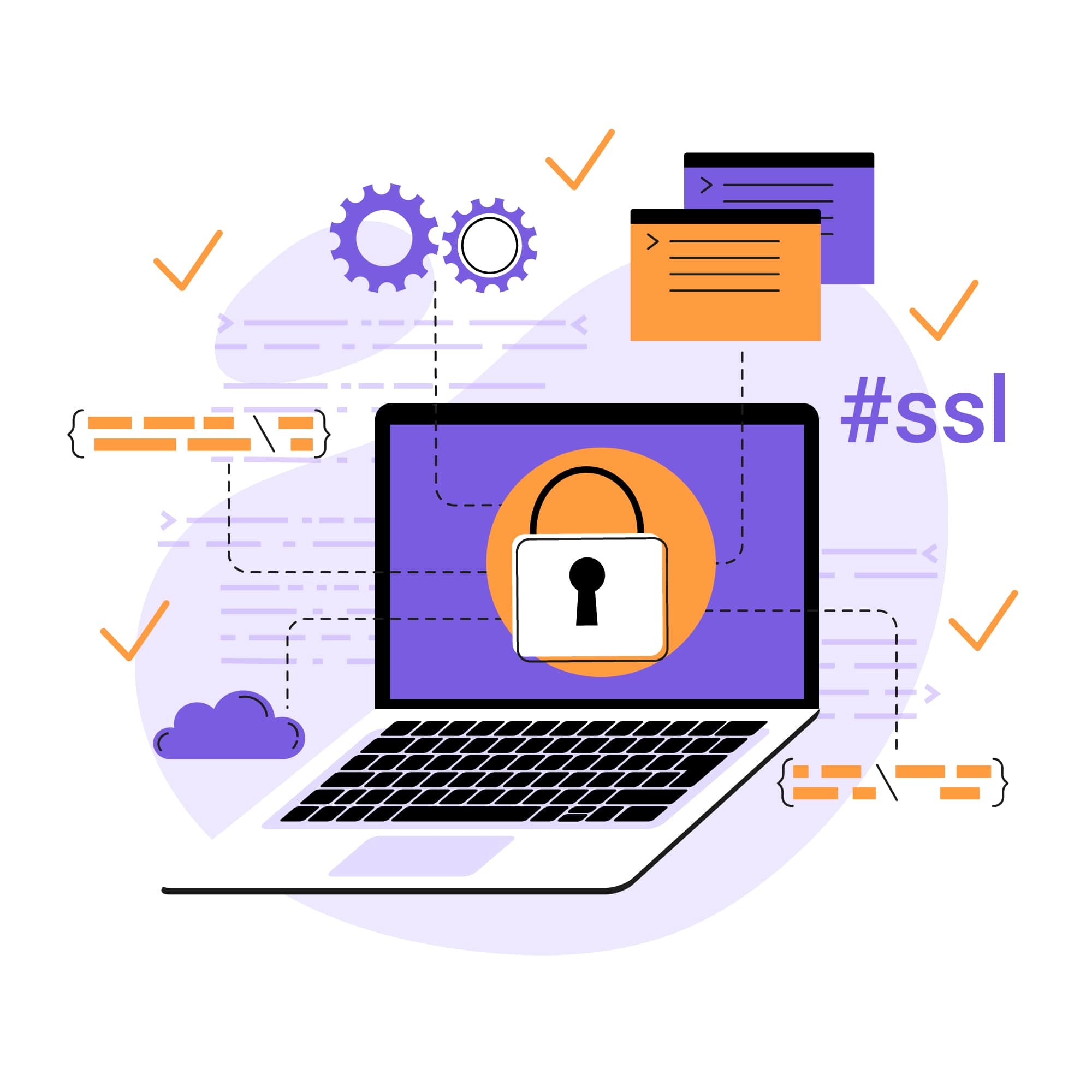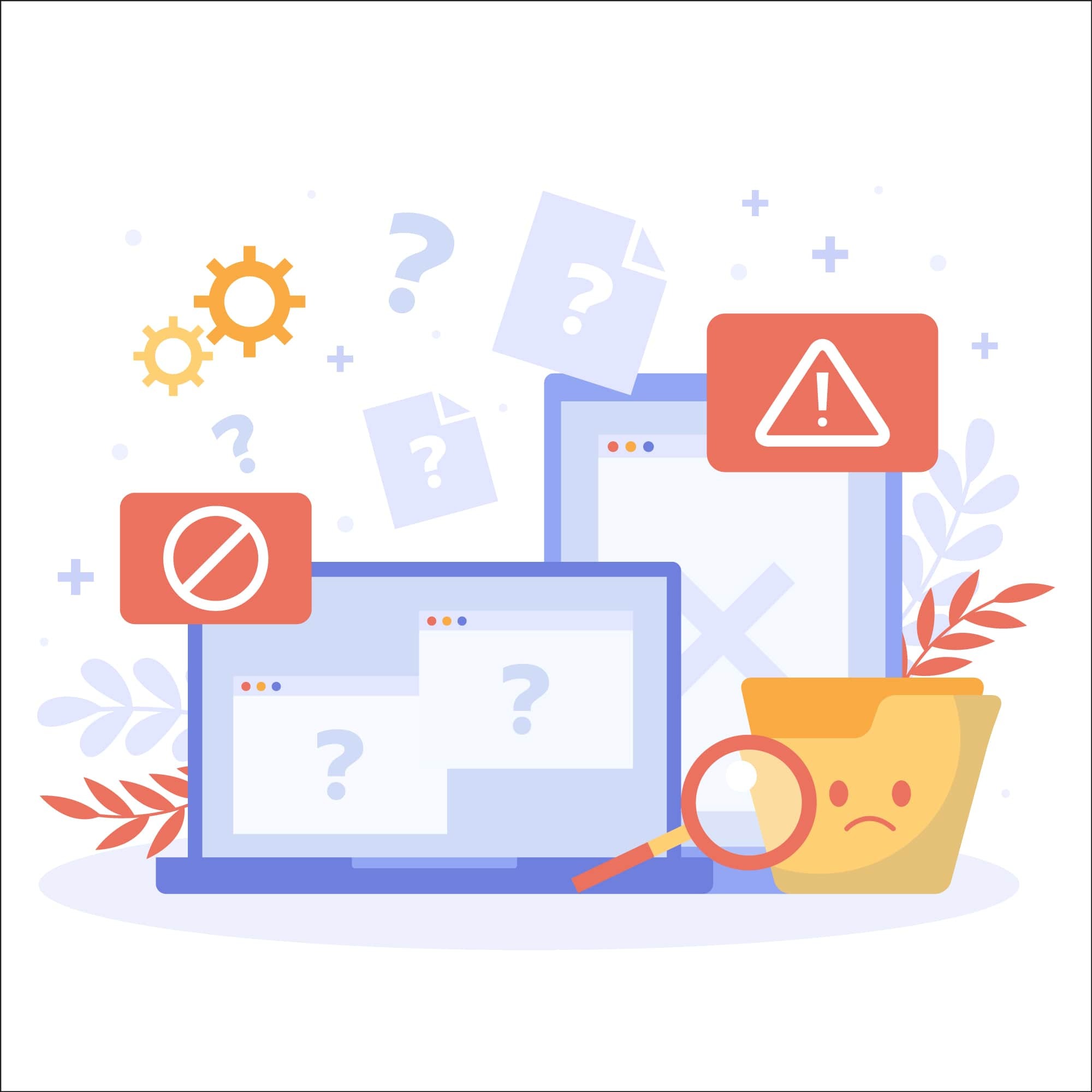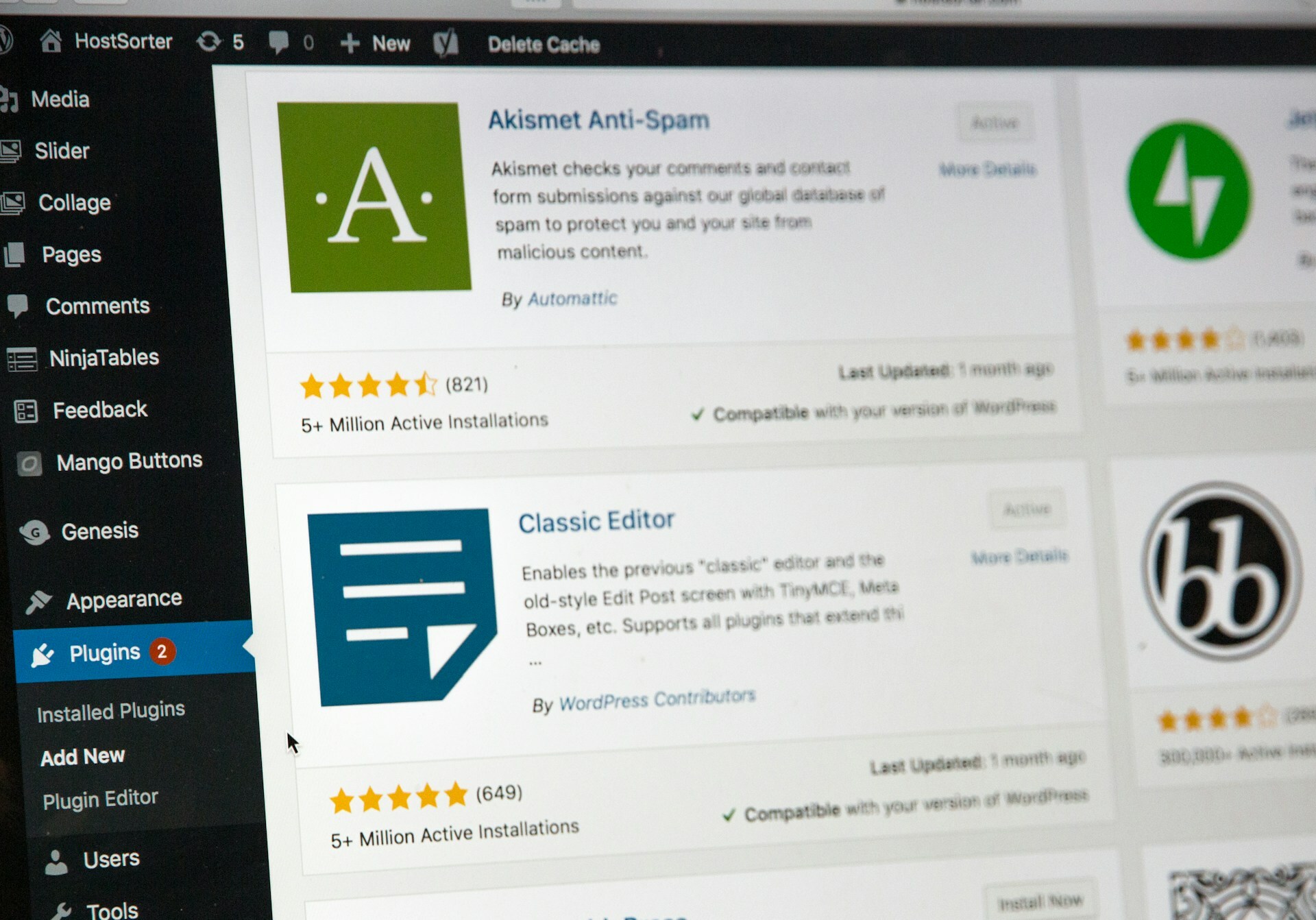
Increasing Cyber Trust with a Trust Badge
Website security seals are ultimately about improving two things – trust and sales. And without the first, the second won’t follow. Small businesses with little-known brands always have a tough time persuading new customers that they’re a safe place to do business. And not only that orders will be honored and delivered as promised, but that the site itself is safe. That’s because unsafe sites can be a death-knell for customer trust and confidence, and perhaps even for the business.
That’s why there has been an explosion of website seals in the last few years. Some of the seals are very valuable and important, and a number of studies have found that the use of a trusted security seal on a website can significantly improve business. Businesses that offer donation and online fundraising, online stores, or other website-based platforms to generate revenue can greatly benefit from using trust seals. But some seals are of such questionable worth even the government has been forced to take action against them.
There are lots of seals to choose from, which can create lots of confusion, but most seals belong to one of the following categories:
Privacy – the company behind the website agrees to honor certain principles and promises about how your personal data will be collected, used, and shared.
Safe Shopping – while this is often presented as a secure site seal, it usually only means that the web site is using an SSL certificate and your transactions or purchases on the site are protected.
Security – unlike safe shopping, website security seals go far deeper. They verify that the site has been tested regularly for vulnerabilities and malware and has received the all-clear.
Business Reliability – the business has been determined to be trustworthy and reliable and has some process in place to address any disputes with customers. The Better Business Bureau, or BBB, is probably the most well-known seal in this category.
Customer Ratings – these seals are driven by what customers think of their experience with the business and whether or not it was a satisfactory one.
Buy Safe Guarantee – these seals are increasing in popularity, and usually, offer shoppers some kind of protection against any fraud or identity theft that result from using that site.
Some seal providers have gone a little too far on the promises they make. In 2010, the Federal Trade Commission announced that it had settled charges with a firm called ControlScan, which the FTC had charged with providing misleading claims about the value of its web seals. ControlScan offered a variety of seals, from business reputation to privacy, but apparently did very little to verify that the businesses using their seals actually complied with any specific requirements.
So while a website security seal can be a very valuable marketing and trust building tool, it pays to do your research and pick a seal that your customers can really trust.
There are nearly half a dozen consumer benefits of visiting or shopping a website with a security seal.
- It shows you that the website, and more important the business behind it, are serious about their security and your trust.
- Your information won’t be plundered by hackers lurking on the site because the business owners weren’t protecting it properly.
- Your information won’t fall into the hands of spammers.
- Your computers or mobile devices won’t be infected with malware that’s hiding on that site – malware that can do incredible damage.
- The website meets strict PCI DSS compliance requirements on a wide variety of security issues, all of which are designed to minimize security risk and exposure.
Good website security seals are far more than an image on a web page. That image has to be earned, and usually by round-the-clock website vulnerability scanning that can put visitors and customer at risk. It eliminates the need to roll the dice. If the website has a respected security seal, you can rest easy that you’re entering a safe neighborhood and will still have your wallet or purse intact when you leave.
And best of all, you don’t have to take the website owner’s word for it. The site is tested independently by third party experts who won’t hesitate to remove the seal if discovered security holes are not plugged.
And don’t forget – the SiteLock Trust Seal comes with any of our plans, and are proven to increase sales. Learn more by contacting us today at 855.378.6200.





